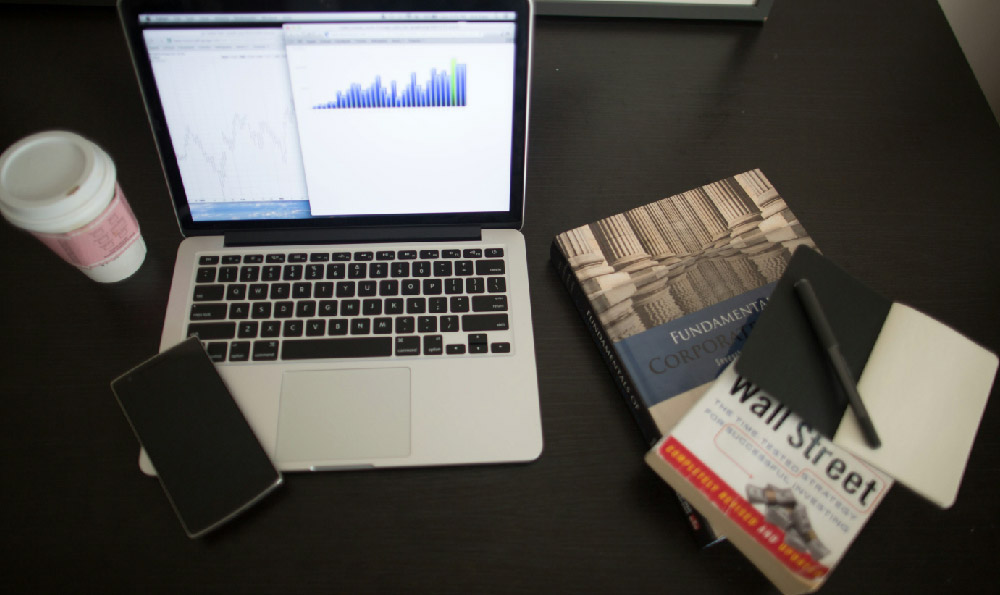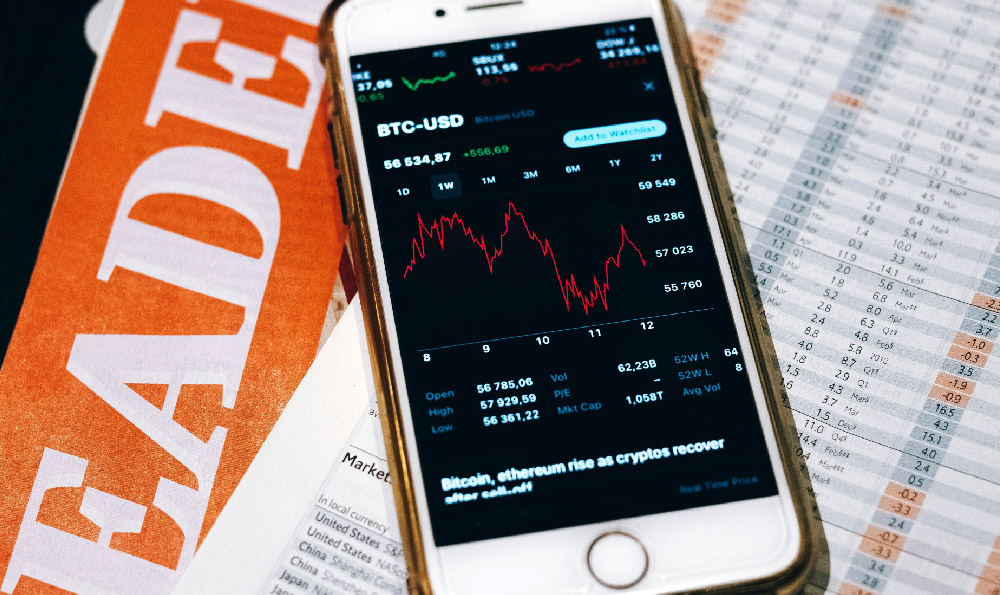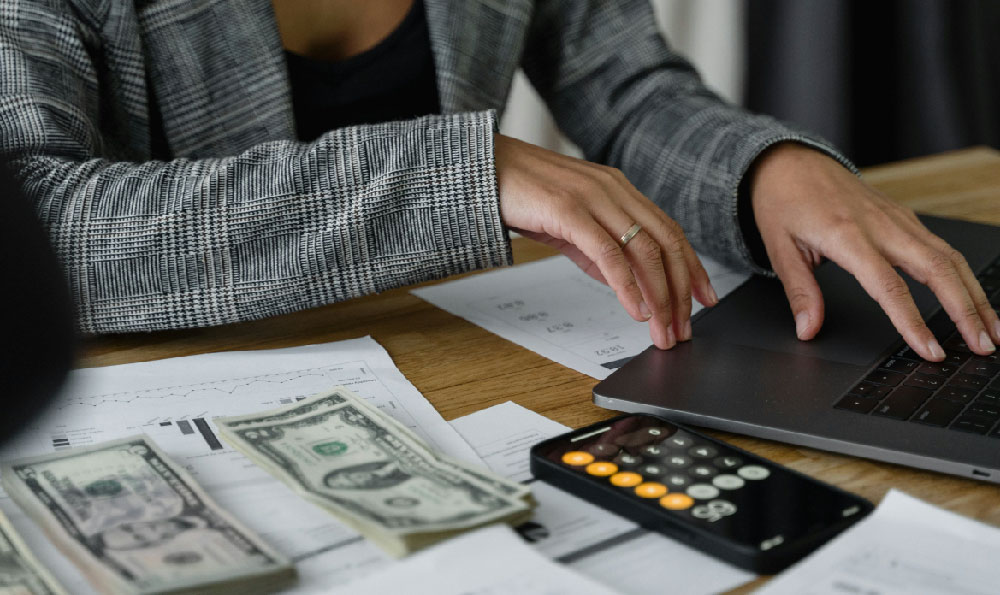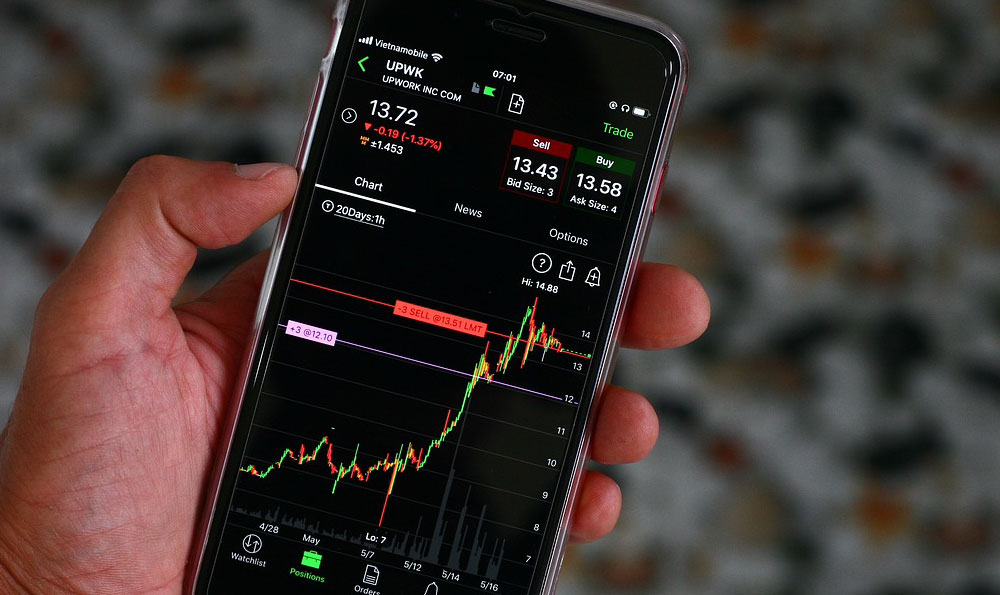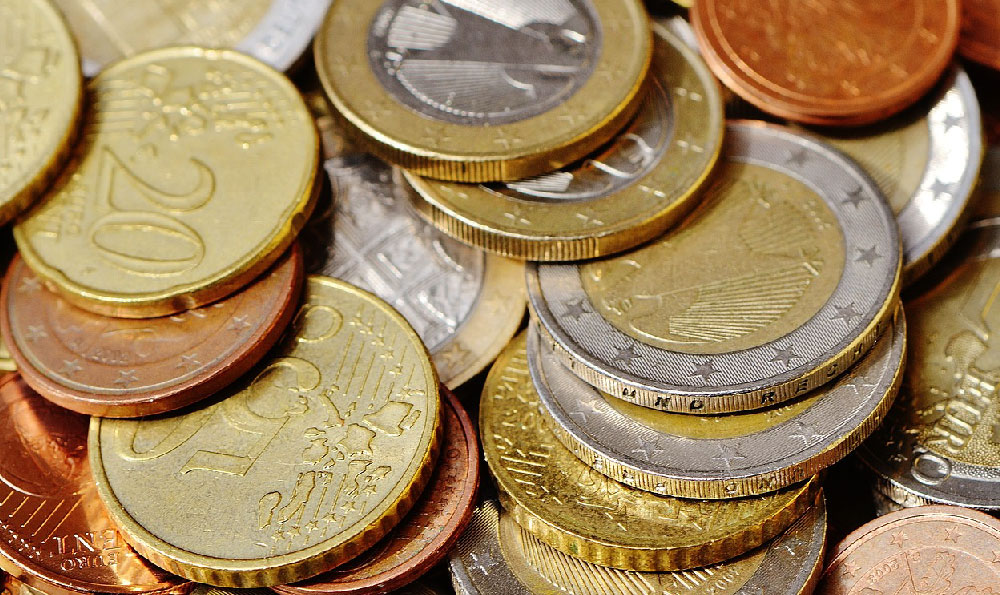How to Protect from Keepbit Price Slippage? Why is Keepbit Slippage Protection Important?
Keepbit, like many decentralized exchanges (DEXs), operates on an automated market maker (AMM) model. While AMMs offer numerous benefits like permissionless trading and 24/7 availability, they also introduce the risk of price slippage. Slippage occurs when the price you expect to pay for a token changes between the time you submit your trade and the time the trade is executed. This difference arises due to the dynamic nature of liquidity pools and the impact of your trade on the pool's price. Protecting yourself from slippage is crucial to preserving capital and ensuring profitable trades on Keepbit. Understanding why it's important and implementing effective strategies are essential for any trader using the platform.
The significance of slippage protection stems from its direct impact on profitability. Imagine you intend to buy a specific token at a price of $1.00, but due to slippage, you end up paying $1.05 per token. This 5% increase can significantly erode your potential profits, especially in high-volume trading. If you are executing larger trades, the impact of slippage becomes even more pronounced. Without proper protection, substantial portions of your investment can be eaten away by unexpected price fluctuations during the execution process.
Beyond simply reducing profits, uncontrolled slippage can also lead to unexpected losses. In extreme cases, particularly with illiquid tokens or during periods of high market volatility, slippage can be so significant that your trade executes at a price far removed from your initial expectation, resulting in a loss on the transaction itself. This is particularly dangerous for novice traders who might not fully understand the mechanics of AMMs and slippage.

Moreover, slippage can negatively affect arbitrage opportunities. Arbitrage relies on exploiting small price differences between different exchanges or markets. If slippage is substantial, it can wipe out the potential profit from an arbitrage trade, rendering the entire endeavor unprofitable. This can deter experienced traders and reduce the overall efficiency of the market.
Several strategies can be employed to mitigate the risk of slippage on Keepbit. The most common, and arguably the simplest, approach is to adjust your slippage tolerance setting. Keepbit, like most DEXs, allows you to specify the maximum percentage of slippage you are willing to accept on a trade. This setting acts as a safety net, preventing your trade from executing if the price moves beyond your specified threshold. A lower slippage tolerance minimizes the risk of paying a higher price, but it also increases the chance that your transaction will fail if the market is volatile. Conversely, a higher tolerance increases the likelihood of execution but exposes you to greater slippage. Finding the optimal balance depends on the specific token being traded, the size of the trade, and the current market conditions.
Another essential aspect of slippage protection is understanding the liquidity of the trading pair. Liquidity refers to the amount of available tokens in the liquidity pool. When trading a token pair with low liquidity, even a relatively small trade can have a significant impact on the price, leading to higher slippage. Before initiating a trade, it is prudent to assess the liquidity of the pool. This information is often displayed on the Keepbit interface or can be obtained from blockchain explorers. If the liquidity is low, consider breaking your trade into smaller increments to minimize the impact on the price.
Utilizing limit orders, when available on the platform, can also be an effective strategy. Unlike market orders, which execute immediately at the best available price, limit orders allow you to specify the exact price at which you are willing to buy or sell a token. If the market price does not reach your specified limit, the order will not be executed. This provides a greater degree of control over the price you pay, eliminating the risk of slippage altogether. However, keep in mind that limit orders are not guaranteed to be filled, especially in fast-moving markets.
Monitoring gas fees is also important, albeit indirectly related to slippage. High gas fees can exacerbate the impact of slippage. If gas fees are exceptionally high, the cost of the transaction can add significantly to the final price you pay, especially if you are forced to increase your slippage tolerance to ensure the transaction goes through. Therefore, it is advisable to monitor gas fees and consider trading during periods when they are lower.
Furthermore, explore using trading tools and aggregators designed to minimize slippage. Some platforms aggregate liquidity from multiple DEXs, allowing you to find the best possible price for your trade and reduce slippage. These tools often employ sophisticated routing algorithms to optimize trade execution and minimize price impact.
In volatile market conditions, it's often best to exercise caution. Avoid making large trades during periods of extreme price fluctuations, as slippage is likely to be significantly higher. Consider waiting for the market to stabilize before executing your trade. Staying informed about market news and events can also help you anticipate potential volatility and adjust your trading strategy accordingly.
Finally, remember to continuously educate yourself about the intricacies of DEX trading and slippage. The decentralized finance (DeFi) landscape is constantly evolving, and new strategies and tools are being developed to mitigate the risks associated with AMMs. Staying up-to-date on the latest developments will empower you to make informed decisions and protect your capital on Keepbit. By carefully considering these factors and implementing appropriate strategies, you can effectively manage the risk of slippage and enhance your trading experience on Keepbit, ultimately contributing to more profitable outcomes.
